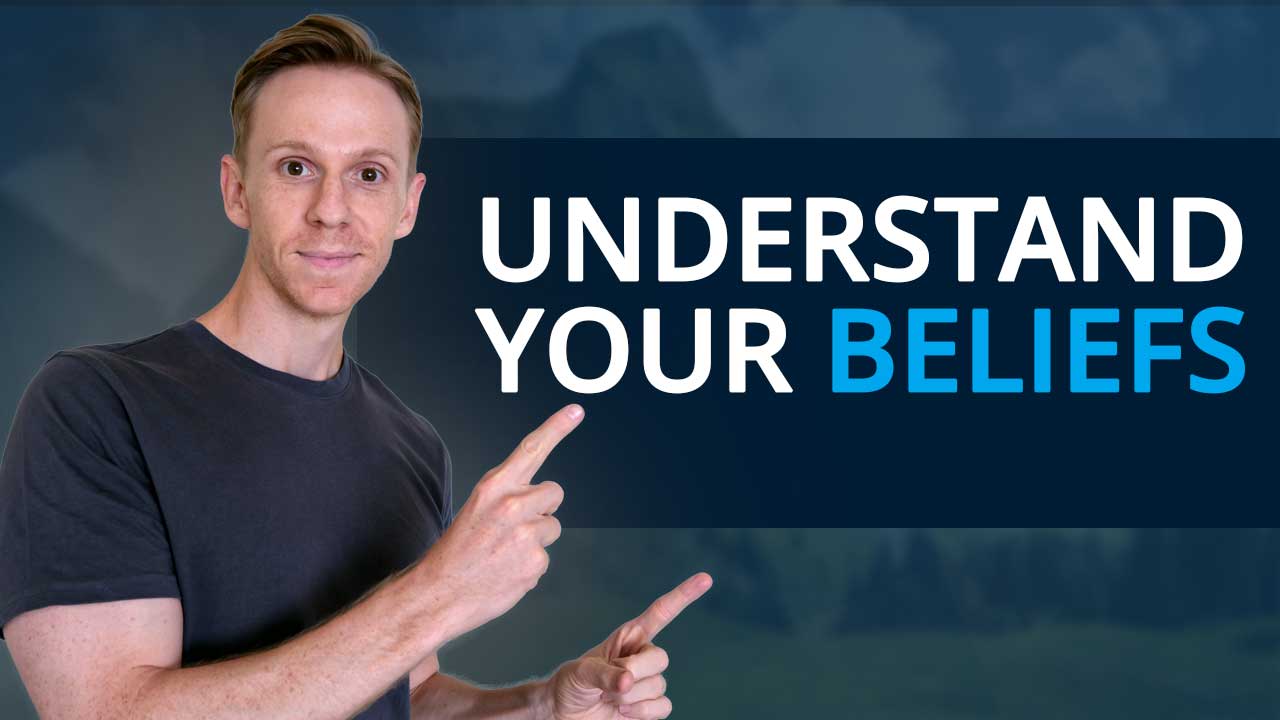In our lives, we all have beliefs that we hold on to. These beliefs shape our perception of reality and guide our decisions and actions. However, not all beliefs are beneficial to us. Some beliefs can limit us and prevent us from reaching our full potential. These are known as limiting beliefs. You may wonder why your limiting beliefs are holding you back. Well, today, we will explore the definition of limiting beliefs, how they affect us, and share some examples of limiting beliefs.
What are Limiting Beliefs?
Limiting beliefs hold us back from achieving our goals and living the life we desire. They are often rooted in fear, doubt, and insecurity. Limiting beliefs can be about ourselves, others, or the world around us. These beliefs can be conscious or subconscious and are often formed early in life based on our experiences and the messages we receive from those around us.
How Limiting Beliefs Affect Us
Limiting beliefs can have a significant impact on our lives. They can prevent us from taking risks, pursuing our dreams, and achieving our goals. Limiting beliefs can also affect our self-esteem and self-worth. When we believe that we are not capable or worthy of achieving something, we are less likely to try.
Examples of Limiting Beliefs
There are many different types of limiting beliefs, but some common examples include:
Beliefs about Abilities
"I'm not smart enough to do that."
"I don't have the talent to succeed in that field."
"I'll never be good at public speaking."
Beliefs about Worthiness
"I don't deserve to be happy."
"I'm not worthy of love."
"I'm not good enough to have a successful career."
Beliefs about Money
"Money is the root of all evil."
"I'll never be wealthy."
"I'm not good with money."
Beliefs about Relationships
"I'm not lovable."
"All men/women are the same."
"I'll never find someone who loves me for who I am."
By identifying and challenging these limiting beliefs, you can start to shift your mindset and beliefs to support your goals and aspirations. We’ll dive into some ways to do this shortly.
As a big fan of audiobooks, podcasts, and generally learning from audio, I enjoy anything that can be used to help through that modality. You may also want to consider learning how to reprogram your mind with your own voice.
How to Overcome Limiting Beliefs
While limiting beliefs can be challenging to overcome, it is possible to do so. Here are some steps you can take to overcome your self-limiting beliefs:
Identify the Limiting Belief
The first step in overcoming a limiting belief is to identify it. Pay attention to the thoughts that come up when you are faced with a challenge or opportunity. What beliefs are holding you back?
Question the Validity of the Belief
Once you have identified the limiting belief, question its validity. Is it based on facts or assumptions? Is it helping or hindering you? Ask yourself these questions to determine if the belief is worth holding on to.
You may also want to go through each of the examples of limiting beliefs above and jot down which ones are true for you.
Replace the Limiting Belief with a Positive One
Finally, replace the limiting belief with a positive one. Choose a belief that is empowering and supportive of your goals. For example, if you believe that you are not good enough to have a successful career, replace that belief with "I am capable of achieving my career goals."
Understanding Limiting Beliefs
Limiting beliefs are beliefs that hold us back from reaching our full potential. They can be conscious or subconscious and are often formed based on our experiences and the messages we receive from those around us. Limiting beliefs can have a significant impact on our lives, preventing us from taking risks, pursuing our dreams, and achieving our goals.
However, it is possible to overcome limiting beliefs. By identifying the limiting belief, questioning its validity, and replacing it with a positive one, we can shift our mindset and beliefs to support our goals and aspirations.
Don't let limiting beliefs hold you back from living the life you desire. Take control of your thoughts and beliefs, and watch as your life transforms into one of possibility and fulfillment.
FAQs
How do I identify my limiting beliefs?
To identify your limiting beliefs, pay attention to the thoughts that come up when you are faced with a challenge or opportunity. Ask yourself what beliefs are holding you back.
How do I overcome a limiting belief?
To overcome a limiting belief, identify the belief, question its validity, and replace it with a positive one. Choose a belief that is empowering and supportive of your goals.
How long does it take to overcome a limiting belief?
The time it takes to overcome a limiting belief depends on the individual and the belief. It can take weeks, months, or even years to shift your mindset and beliefs.
Can limiting beliefs come from other people?
Yes, limiting beliefs can be formed based on the messages we receive from those around us. It's essential to be aware of the beliefs and opinions of others and determine whether they align with our goals and aspirations.
Can limiting beliefs be changed?
Yes, limiting beliefs can be changed with effort and persistence. By consistently questioning and replacing limiting beliefs with positive ones, you can shift your mindset and beliefs to support your goals and aspirations.

